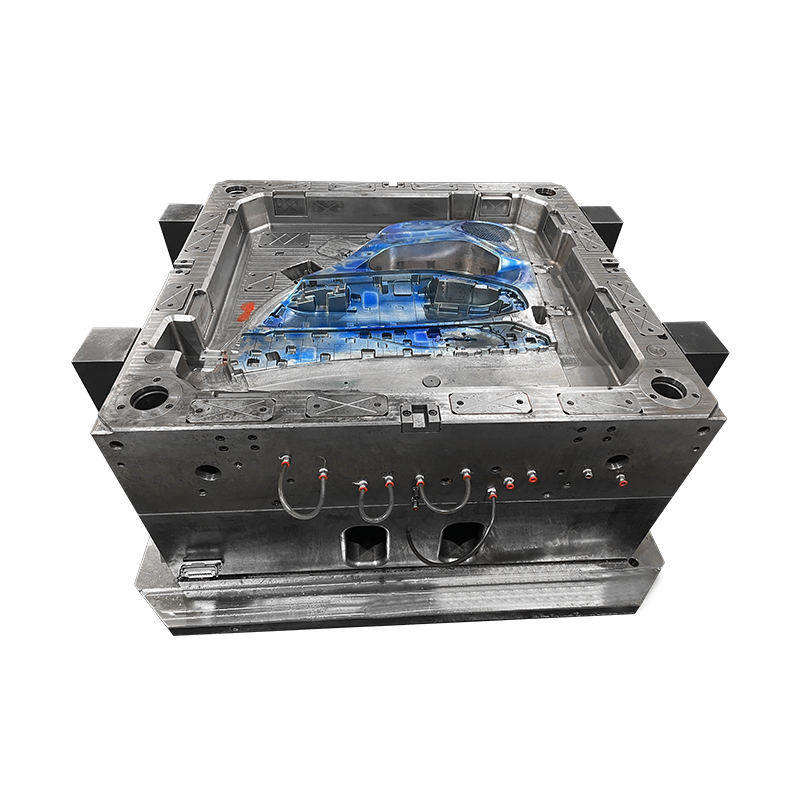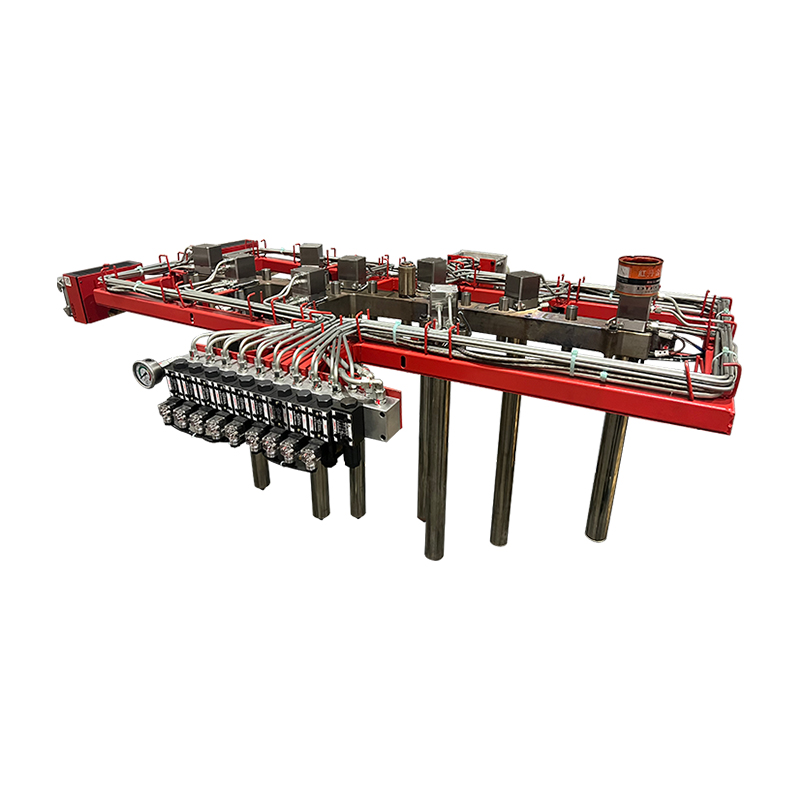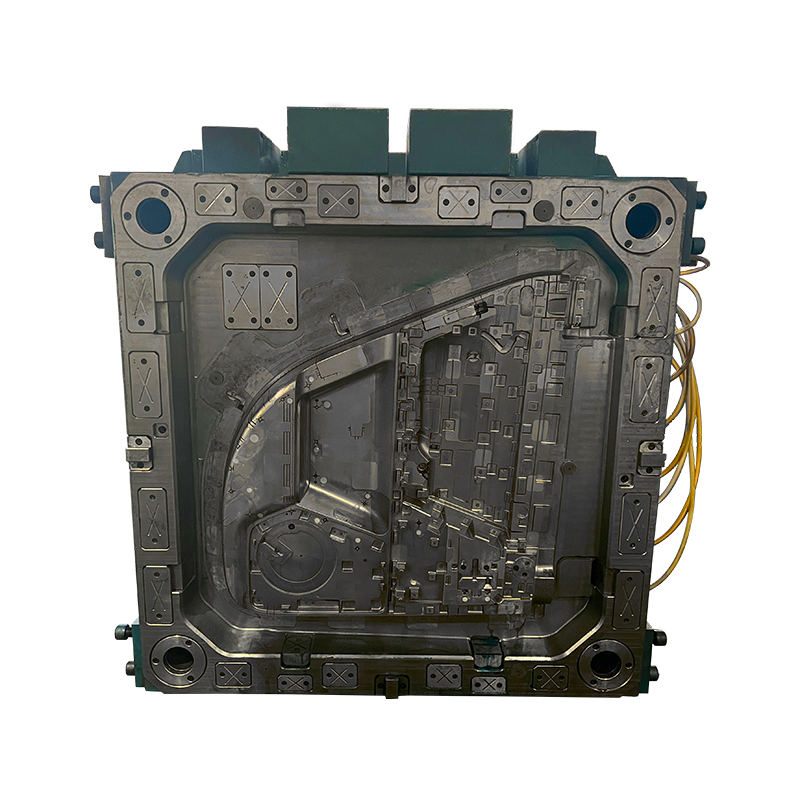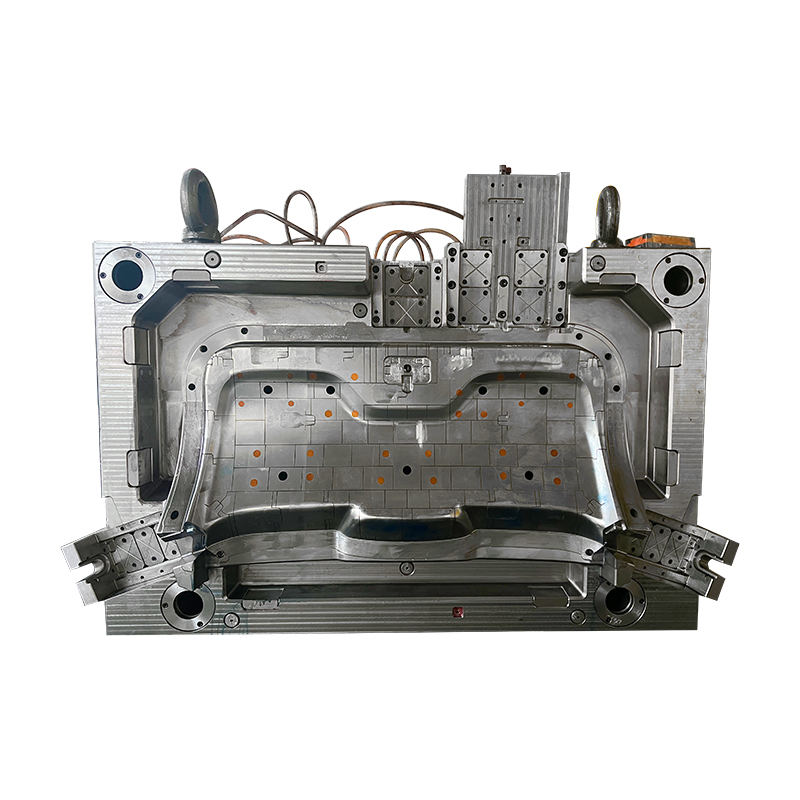In the realm of plastic injection molding, the efficiency and effectiveness of mould production are crucial factors that directly impact manufacturing processes and product quality.
Understanding Felt Plastic Injection Molding Mould
Felt plastic injection molding mould play a pivotal role in the manufacturing industry, particularly in shaping various plastic components with precision and reliability. These mould are crafted from high-quality materials such as steel or aluminum, designed to withstand the rigors of injection molding processes.
Material Composition: Felt plastic injection molding mould are typically composed of durable metals like steel, chosen for their strength, heat resistance, and longevity. Aluminum mould are also utilized for applications requiring lighter weight and faster heat transfer properties.
Precision Engineering: The design and fabrication of felt plastic injection molding mould involve meticulous engineering to ensure dimensional accuracy and consistent part production. Computer-aided design (CAD) and computer-aided manufacturing (CAM) technologies are employed to optimize mould geometries and manufacturing processes.
Operational Efficiency: Felt plastic injection molding mould are engineered to facilitate efficient production cycles. They feature precise cavity and core configurations that promote uniform resin distribution, material waste, and enhance cycle times.
Durability and Maintenance: The durability of felt plastic injection molding mould ensures prolonged operational lifespan and minimal downtime. Regular maintenance, including cleaning, lubrication, and inspection, is essential to preserve mould integrity and performance.
Benefits of Felt Plastic Injection Molding Mould
The utilization of felt plastic injection molding mould offers several key benefits to manufacturers across various industries:
Cost Efficiency: Efficient mould design and production contribute to cost savings through reduced material wastage and optimized production cycles. Felt plastic injection molding mould enable high-volume production with consistent part quality, overall manufacturing costs.
Versatility: Felt plastic injection molding mould accommodate a wide range of plastic materials and part designs. They can be tailored to meet specific application requirements, from intricate components to large-scale industrial parts.
Quality Assurance: The precision and reliability of felt plastic injection molding mould ensure consistent part dimensions and mechanical properties. This reliability is essential for meeting stringent quality standards and customer expectations.
Adaptability: Manufacturers can adapt felt plastic injection molding mould to incorporate design changes or updates swiftly. This flexibility supports agile manufacturing practices and enables rapid response to market demands.
Operational Considerations
Effective operation of felt plastic injection molding mould involves several critical considerations:
Injection Molding Parameters: Optimization of injection molding parameters, such as temperature, pressure, and cooling cycles, is essential to achieve part quality and production efficiency. Fine-tuning these parameters mitigates risks of defects like warping, sink marks, or voids in the molded parts.
Mold Maintenance: Regular maintenance and cleaning of felt plastic injection molding mouldsprolong operational lifespan and ensure consistent performance. Preventive maintenance practices include inspecting for wear, replacing components as needed, and addressing mold surface imperfections.
Process Monitoring: Continuous monitoring of injection molding processes is necessary to identify and address potential issues promptly. Real-time monitoring systems track key parameters and performance metrics, enabling operators to make data-driven adjustments for improved efficiency and quality control.
Training and Skill Development: Proper training of operators and maintenance personnel is crucial for safe and effective operation of felt plastic injection molding mould. Training programs focus on mold handling, troubleshooting techniques, and adherence to safety protocols.
Future Directions and Innovations
Looking ahead, advancements in felt plastic injection molding mould technology continue to drive innovation and efficiency in manufacturing:
Smart Moulding Technologies: Integration of IoT (Internet of Things) and sensor-based technologies enables real-time data collection and analysis within injection molding processes. This data-driven approach enhances process visibility, predictive maintenance capabilities, and overall operational efficiency.
Advanced Materials: Continued development of high-performance materials for felt plastic injection molding mould, including enhanced heat resistance, wear resistance, and sustainability characteristics, expands application possibilities across diverse industries.
Additive Manufacturing: Exploration of additive manufacturing techniques, such as 3D printing, for rapid prototyping and customized mould designs. Additive manufacturing offers flexibility in complex geometries and reduces times for mould production.












